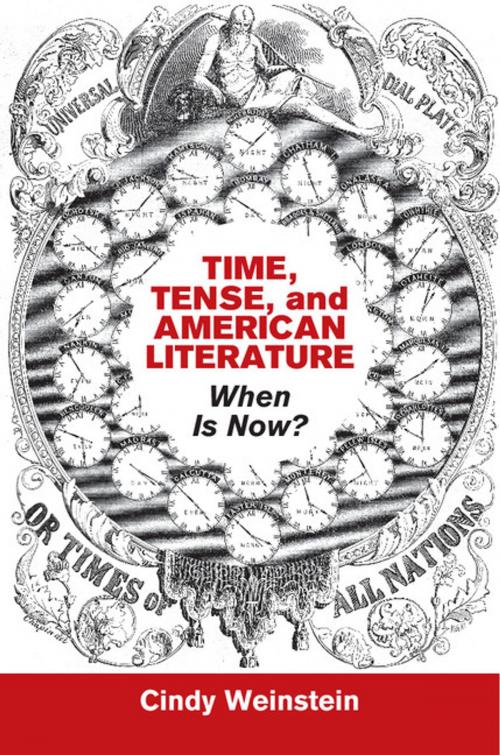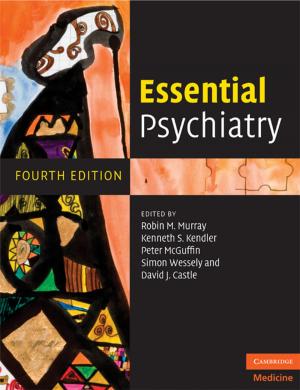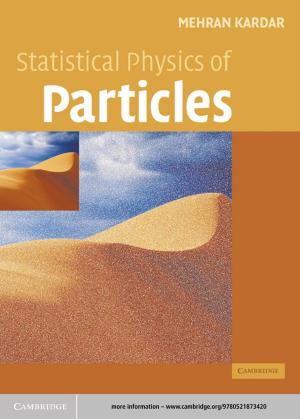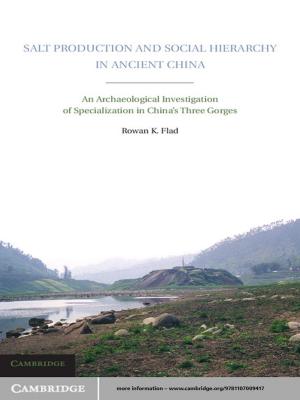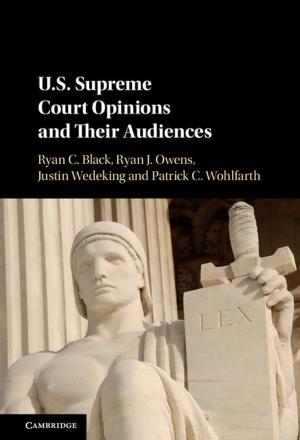Time, Tense, and American Literature
When Is Now?
Fiction & Literature, Literary Theory & Criticism, American| Author: | Cindy Weinstein | ISBN: | 9781316365793 |
| Publisher: | Cambridge University Press | Publication: | October 9, 2015 |
| Imprint: | Cambridge University Press | Language: | English |
| Author: | Cindy Weinstein |
| ISBN: | 9781316365793 |
| Publisher: | Cambridge University Press |
| Publication: | October 9, 2015 |
| Imprint: | Cambridge University Press |
| Language: | English |
In Time, Tense, and American Literature, Cindy Weinstein examines canonical American authors who employ a range of tenses to tell a story that has already taken place. This book argues that key texts in the archive of American literature are inconsistent in their retrospective status, ricocheting between past, present and future. Taking 'The Narrative of Arthur Gordon Pym' as her point of departure, Weinstein shows how Poe's way of representing time involves careening tenses, missing chronometers and inoperable watches, thus establishing a vocabulary of time that is at once anticipated in the fiction of Charles Brockden Brown and further articulated in works by Elizabeth Stuart Phelps, Theodore Dreiser and Edward P. Jones. Each chapter examines the often strange narrative fabric of these novels and presents an opportunity to understand how especially complicated historical moments, from the founding of the new nation to the psychic consequences of the Civil War, find contextual expression through a literary uncertainty about time.
In Time, Tense, and American Literature, Cindy Weinstein examines canonical American authors who employ a range of tenses to tell a story that has already taken place. This book argues that key texts in the archive of American literature are inconsistent in their retrospective status, ricocheting between past, present and future. Taking 'The Narrative of Arthur Gordon Pym' as her point of departure, Weinstein shows how Poe's way of representing time involves careening tenses, missing chronometers and inoperable watches, thus establishing a vocabulary of time that is at once anticipated in the fiction of Charles Brockden Brown and further articulated in works by Elizabeth Stuart Phelps, Theodore Dreiser and Edward P. Jones. Each chapter examines the often strange narrative fabric of these novels and presents an opportunity to understand how especially complicated historical moments, from the founding of the new nation to the psychic consequences of the Civil War, find contextual expression through a literary uncertainty about time.
